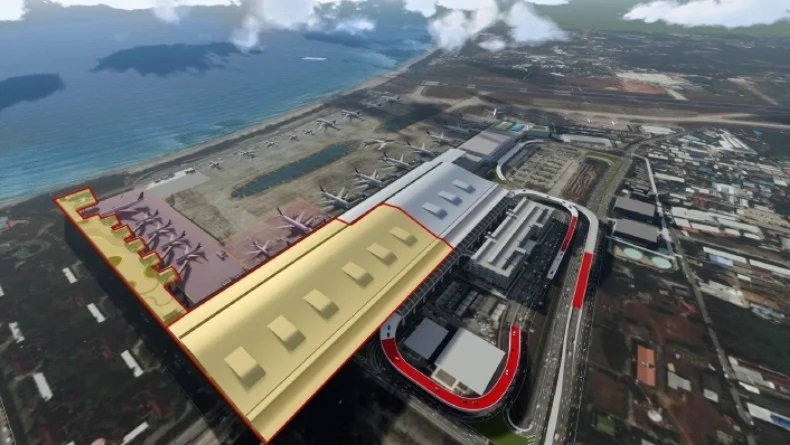 Thailand advised to integrate transport modes
Thailand advised to integrate transport modes
To achieve its goal of becoming an aviation hub by 2030, Thailand should encourage more robust domestic travel and integrate different modes of transport, according to Alton Aviation Consultancy.
Managing director Mabel Kwan said aviation is a very integrated ecosystem that requires collaboration between different segments, including airlines, airports, customers, ground handling and transport connecting airports.
In addition to the expansion of Bangkok’s two airports and new airports in Chiang Mai and Phuket, the government has pledged to conduct a feasibility study on airports in second-tier provinces.
Ms Kwan said Thailand should focus on multi-model development, where roads, railways and airports are connected seamlessly.
Roads and railways act as feeders for passengers from nearby cities to airports.
Unlike Singapore, Thailand has huge opportunities from its large population to drive domestic traffic and origin-destination traffic, not only transfer traffic, she said.
Ms Kwan said capturing more international transit traffic is not a prerequisite to become an aviation hub, as China and India have robust domestic travel and connectivity to international gateways.
Yet it remains crucial to have an international hub such as Suvarnabhumi airport to congregate international traffic before distributing passengers to other domestic destinations, she said.
As Thailand has a lower GDP per person than Singapore and Malaysia, Ms Kwan said the country should first increase domestic travel, as people tend to start travel domestically and then move to short-haul destinations, before looking for long-haul destinations based on their income and economic development.
To develop new airports, she said the authorities should evaluate both local demand and tourism perspectives to forecast the right size of airports and aircraft types they want to accommodate.
Instead of airports, roads or railways can be alternatives in some places too.
She said the aviation industry in Asia-Pacific will continue to be the growth engine of the world, as many countries have development plans.
According to Alton Aviation’s report, Asia-Pacific’s revenue passenger kilometres last year reached 86% of the 2019 level, while seat capacity recovered by 94%.
The report forecast a 0.5% net profit margin for airlines this year, which would be the first time in four years the industry avoids a loss.
The region, which reopened later than others, can expect to reach pre-pandemic levels in two years, mainly driven by South Asia and China, noted the study.
Thailand is slightly lagging behind its neighbours because of the slow resumption of China routes, but its mutual visa-free policy should continue to enhance travel demand, said Ms Kwan.
Headwinds still remain for the aviation industry, with a long queue for aircraft delivery, supply chain disruption, a labour shortage and expense management amid high interest rates.
Source: https://www.bangkokpost.com/business/general/2822708/thailand-advised-to-integrate-transport-modes


